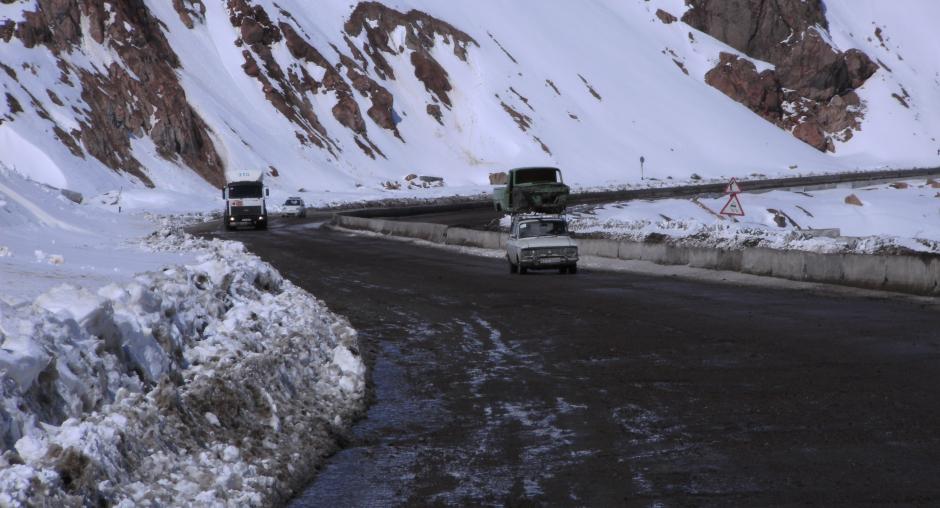OSCE supports meeting in Uzbekistan on transport facilitation in Central Asia

TASHKENT, 11 December 2009 - Priorities and prospects for further rail and road transport development as well as methods to enhance the efficiency of border crossings in Central Asia were discussed at an OSCE-supported regional roundtable meeting that ended in Tashkent today.
More than 30 officials from Transport, Railways and Finance ministries as well as business and non-governmental organization representatives from Kazakhstan, Kyrgyzstan and Uzbekistan took part in the meeting.
Senior experts from the United Nations Economic Commission for Europe, the Intergovernmental Organization for International Carriage by Rail and the International Road Transport Union shared their views on the situation in Central Asia and provided recommendations.
The two-day meeting was organized by the OSCE Project Co-ordinator's Office in Uzbekistan together with Uzbekistan's Ministry of Foreign Economic Relations, Investments and Trade, and supported by the Office of the Co-ordinator of OSCE Economic and Environmental Activities.
"While the OSCE does not construct roads or bridges, our involvement is based on the assumption that supporting the development of efficient transportation networks across the region can help build bridges between people and countries," said Ambassador Istvan Venczel, OSCE Project Co-ordinator in Uzbekistan.
"Our engagement is also based on the conviction that transport is crucial for the integration of countries into the global economy and thus will lead to the reduction of economic and social disparities. This in turn, will lead to more security and stability."
Akmal Kamalov, Uzbekistan's Deputy Minister of Foreign Economic Relations, Investments and Trade, added: "Developing transport infrastructure, including railways, is one of the main components in the modernization and diversification of our economy. Given Uzbekistan's central location in the region, ongoing infrastructure projects are of international importance."
Participants shared information on transport and logistics policies as well as future plans. They also identified a number of mutual concerns, including the need to further strengthen regional co-ordination and to promote railway cargo transportation across the region. Participants also agreed to further discuss the transport of hazardous waste.
The meeting was preceded by a training course on customs procedures for 100 officers of the Uzbek Customs Committee and representatives of other relevant government agencies.
